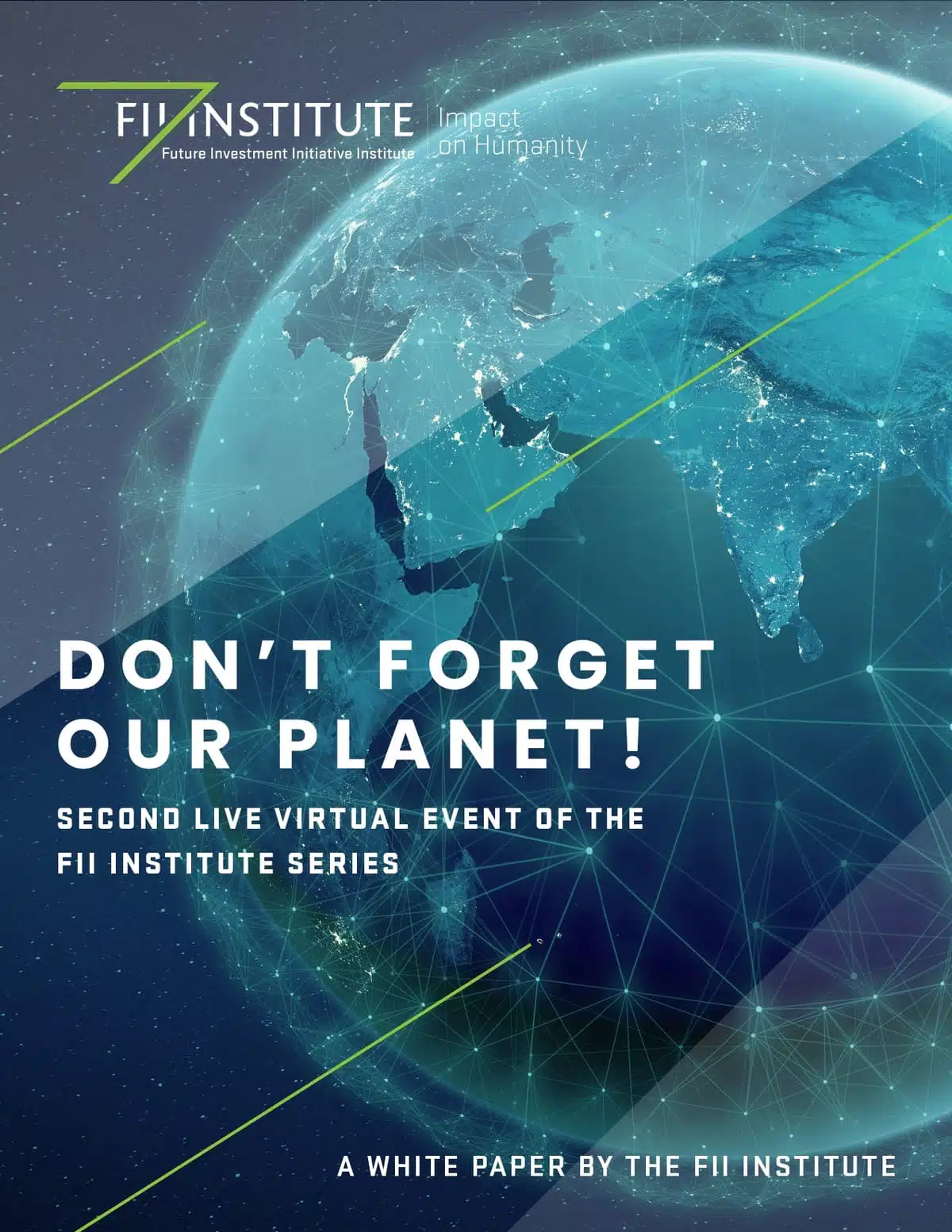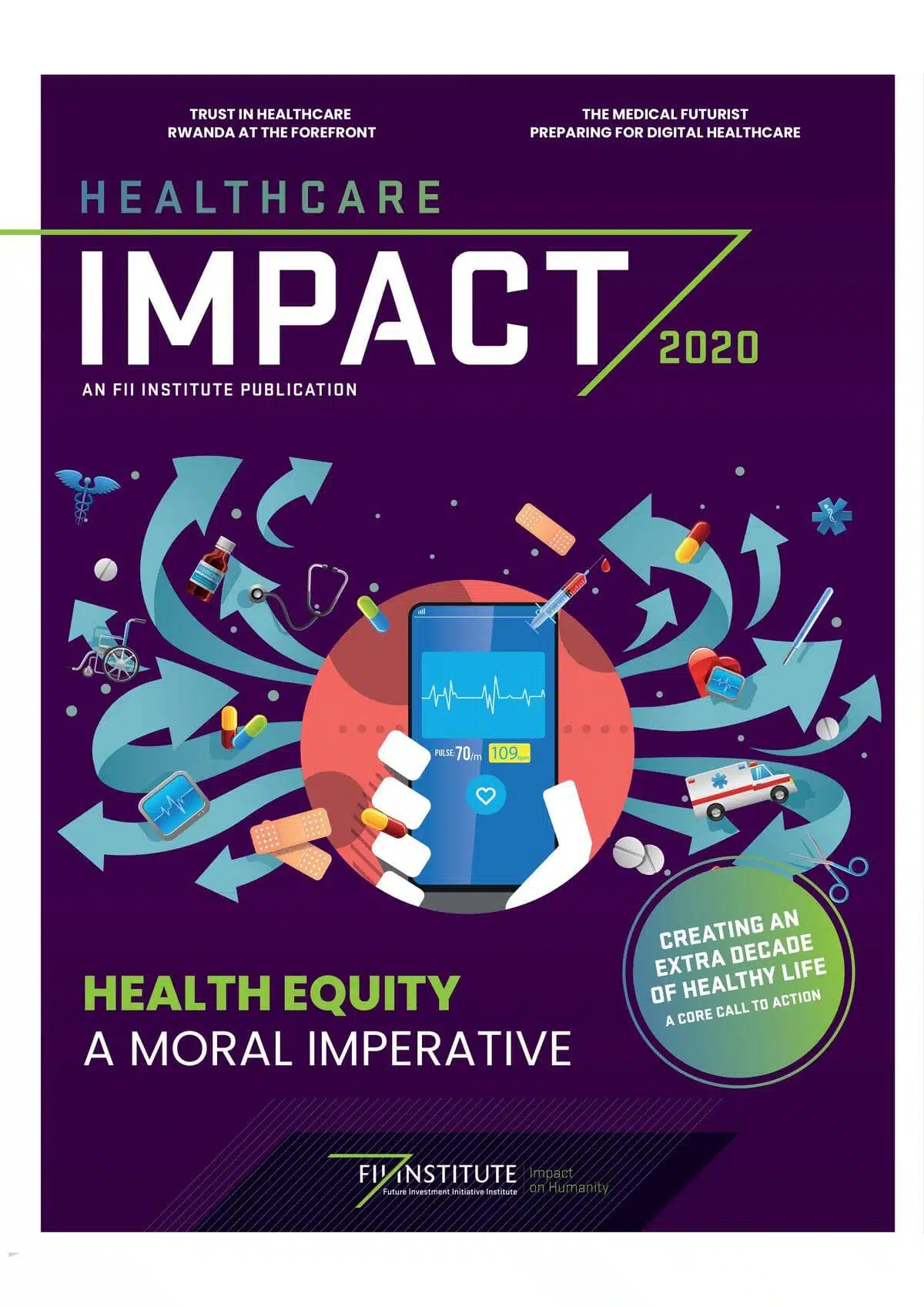As previously witnessed with the major outbreaks of West Africa Ebola virus in 2014, Middle East Respiratory Syndrome (MERS) in 2012, and Zika in 2016, emerging infectious diseases (EIDs) have too often been neglected or perceived as distant problems. Despite repeated warnings of the increasing threat of epidemics and pandemics, both public and private sector actors have repeatedly failed to prioritize the forward-looking investments, systems, and structures that are necessary to ensure that vaccines, therapeutics, diagnostics, and other medical countermeasures and lifesaving tools are ready to deploy right at the outset of an outbreak to curb the spread of disease before it becomes a global health emergency.
When COVID-19 emerged in early 2020, however, the Kingdom of Saudi Arabia (KSA) determined that urgent and unprecedented action would be required. Given its experience with MERS, and its role as host to the Haj and millions of visitors from around the world each year, KSA recognized the growing threat early and was one of a group of high-income country (HIC) governments that mobilized emergency surge funding to kickstart research and development (R&D) of new medical countermeasures. As President of the Group of 20 (G20) at the time, KSA in April 2020 partnered with the Coalition for Epidemic Preparedness Innovations (CEPI), investing US $150 million to help fuel the development of COVID-19 vaccines for global use. CEPI had been created just three years prior, in the wake of the Ebola crisis, as a new global mechanism to pool resources to invest proactively in just-in-case vaccines and just-in-time platforms for serious EID outbreaks. With this timely support, CEPI was able to leverage additional funding, expertise, and know-how from around the world to accelerate COVID-19 vaccine development with the aim of enabling rapid global, equitable, and affordable access to vaccines to save lives and slow the spread of the virus. Yet although COVID-19 vaccines have been developed in record time, nearly two years into the pandemic most low- and middle-income countries (LMICs) have been left far behind their HIC counterparts in terms of vaccine access. As of 18 October 2021, more than 6.72 billion COVID-19 vaccine doses had been administered globally, enough to fully vaccinate more than 40% of the world’s population, yet only 2.8% of the people in low-income counties have received at least one dose.1,2 This egregious disparity is not only inhumane, but also dangerous: without widespread, global vaccination the COVID-19 virus will continue to spread unchecked in many parts of the world, risking the emergence of new variants that can withstand existing vaccines and therapeutics and threatening to undo the progress that has been made in other countries with high vaccination levels. This points to the need not only to urgently ramp up supply and delivery of COVID-19 vaccines now to get more jabs in arms more quickly to reach the global goal set at the Global COVID-19 Summit of 70% of the population vaccinated in every country by September 2022 3, but it also makes a strong case for increased, more predictable, longer-term, and sustainable funding for development of vaccines to address variants and prepare for future epidemics and pandemics, which are growing in frequency.
CEPI is a strategic investment in epidemic and pandemic preparedness and response for KSA and the world. CEPI is the only public funder of R&D that purposefully and primarily leverages its investments in R&D to enable equitable global access to vaccines for emerging epidemic and pandemic threats. If adequately resourced, CEPI offers a powerful tool to align global ambition and advance the global good, by crowding-in additional resources and expertise and accelerating coordinated action on forward-looking vaccine R&D for both known and unknown emerging infectious diseases that threaten national, regional, and global stability and prosperity. For KSA, continued investment in CEPI can help protect the nation and its neighbors in the Middle East region from emerging threats, realize efficiencies from investing in preparedness versus much more costly emergency response efforts, and elevate KSA’s global leadership.

